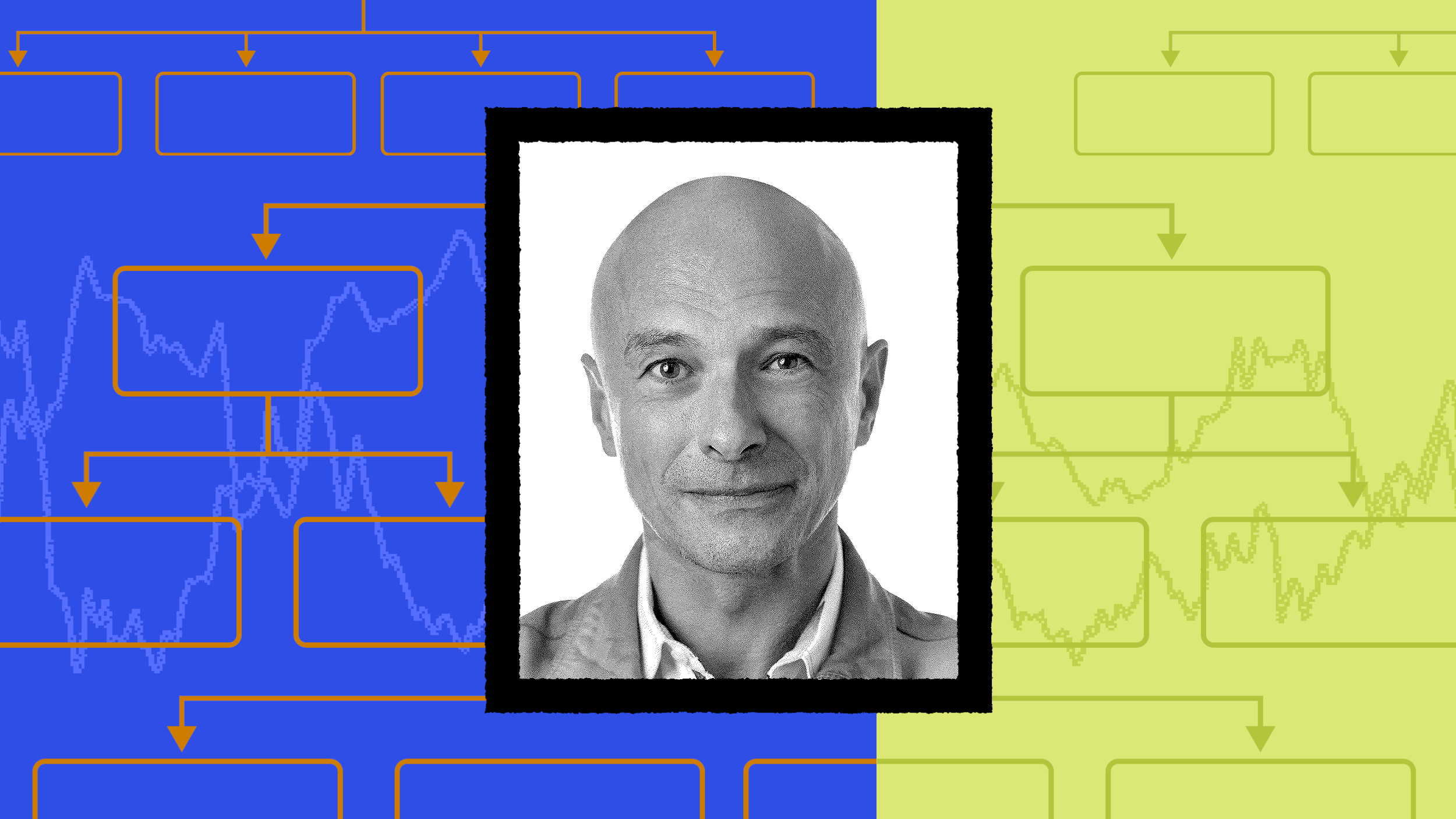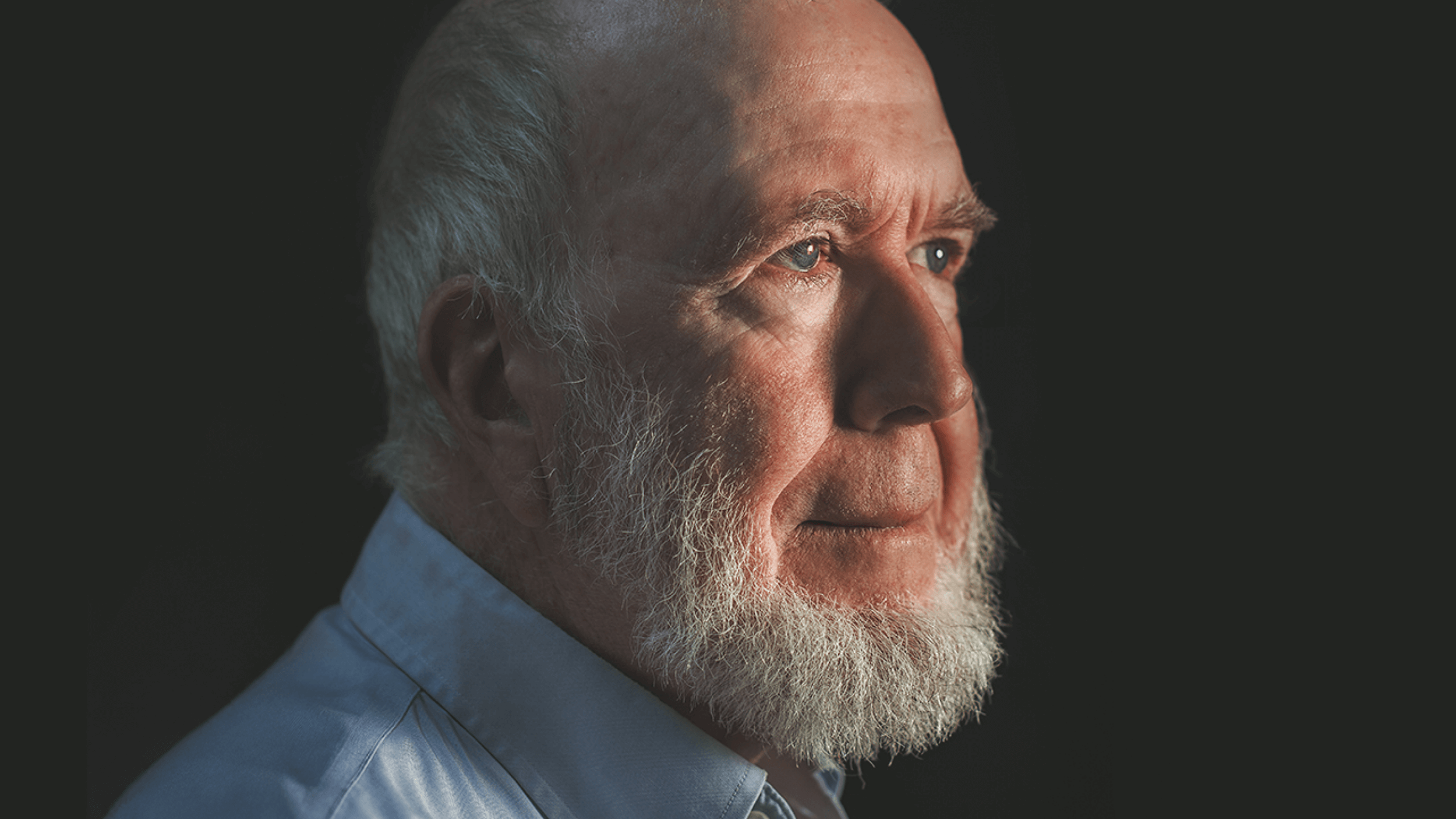Zeke Vanderhoek, founder of Manhattan’s Equity Project Charter School, is banking on the instructors he’s chosen to run the place.
Question: Why have we traditionally devalued teachers?
Zeke Vanderhoek: I’m not a historian, but I know that a lot of the devaluation of the teaching profession has to do with the fact that, not so long ago, it was really a profession that was only open to women. And so culturally the status of the profession was not what it should be. As the workforce opened up to women, I think what happened is teaching became, instead of something that’s very talented women who couldn’t get other jobs, because of the constraints in the culture, now it was open to anybody and it didn’t pay very well and that talent, to a certain extent, drained from the profession potentially.
This is just a theory. I really have no idea.
And what you’re left with is pockets of greatness. So you have great teachers throughout the country, phenomenal teachers but ultimately they are the exception not the rule. And that’s because we don’t culturally value teachers.
People make the mistake of thinking that the salary that we are offering is somehow designed to make a mediocre teacher better. Completely wrong. If you pay somebody more, it’s not going to make them a better teacher. That’s completely missing the point of the project.
The point of the project is just change the perception of who should become a teacher. It’s to change the sort of lip service mode of, “Oh, teachers we really value you,” to something concrete. In this culture, money is the signifier of value and so ultimately the goal is to attract more talent into the profession.
Right now we draw from the bottom third of college graduates to make up our teaching force and that’s unfortunate. The goal should be to draw from the top third of the college graduates to make up our teaching force.
I think teaching is one of those professions where there are many people who secretly want to do it and enjoy it when they are up there, but don’t really view it as feasible. They can’t support a family. It’s not really realistic to achieve other goals that they may have.
So I think teaching has a built in advantage over some other professions where for; not to pick on lawyers; but I think there are a lot of people who love the law. But there are a lot of people who go into the law because it pays the bills and it’s a relatively lucrative and respected profession. In that sense, I think teaching actually has a great advantage over other professions.
The problem is that right now it’s not realistic for a lot of people who are talented to go into it or they don’t view it is realistic.
And one of the interesting things with Teach for America is a lot of people who start the program think, Oh, I’ll just do this for a few years, but then they fall completely and madly in love with it, and stay on for the rest of their career.
So that I think is less likely to happen in some other professions but teaching has a certain magic to it that really gives it a lot of advantages.
Question: What makes these teachers worth $125,000?
Zeke Vanderhoek: We hired who we think are eighth grade teachers. We’ll find out. But they have a very extensive track record for the most part. Several of the teachers have over 30 years of experience. The youngest teacher we hired still has seven years of experience in the classroom.
So one thing is we’re not hiring first year teachers because; not that first year teachers can’t be great, but the learning curve is tremendous in that first year; so we’re hiring veteran teachers.
We’re hiring teachers who; we actually visit their classrooms everybody who made the final round we went and saw them and so we're hiring teachers who in their classroom developed a certain relationship that was apparent to an outsider with their students. Teachers who are thoughtful practitioners, who are reflective about what they are doing in the classroom, who can talk about what they can do in the classroom in a reflective way, in a critical way. They really think about all of the decisions that they make. We are talking about teachers who show that they can really engage students, capture that enthusiasm which is particularly important, I think, for middle school kids. And also teachers who are adaptive creating structures for kids.
Middle school kids, in particular, need structure and they need a teacher who can manage a classroom through teams, through variety of modalities.
Those are some of the things that we looked for, plus of course, we were looking for teachers who have passion about their subject and who could bring that passion and that extensive knowledge to their students.
I would make the case that one of the things about the school [Manhattan’s Equity Project Charter School] that’s very important is we do this on the public dollar. We are a public charter school in New York City. We actually get less money than a traditional public school in New York City, and yet we are able to pay teachers $125,000 a year, plus a potential bonus, based on school wide performance, without fundraising for that salary. The only thing that we fundraise for is our facility, and that’s because we don’t get a free public facility like every other school gets. But every other cost is absorb, or is paid for by our public dollars that we receive.
We have simply reallocated those dollars and said, what really we need to be investing on the most important part of the educational experience for students, and that’s their teachers. We need to invest in what we call teacher equity, hence the name the equity project.
And yes, we are going to sacrifice some other things to do so. We are not going to have tiny classes. We have 30 kids in a class. That’s not higher than I’ve experienced as a teacher. In fact it’s a little bit lower, but it’s certainly not small. We are going to do without a lot of the other personnel in the building that typically would be in a school. So, we are going to do a lot of things to make sacrifices in order to be able to invest in what we think is more cost effective in the long run which is investing in the teachers.
Recorded on: June 30, 2009.





